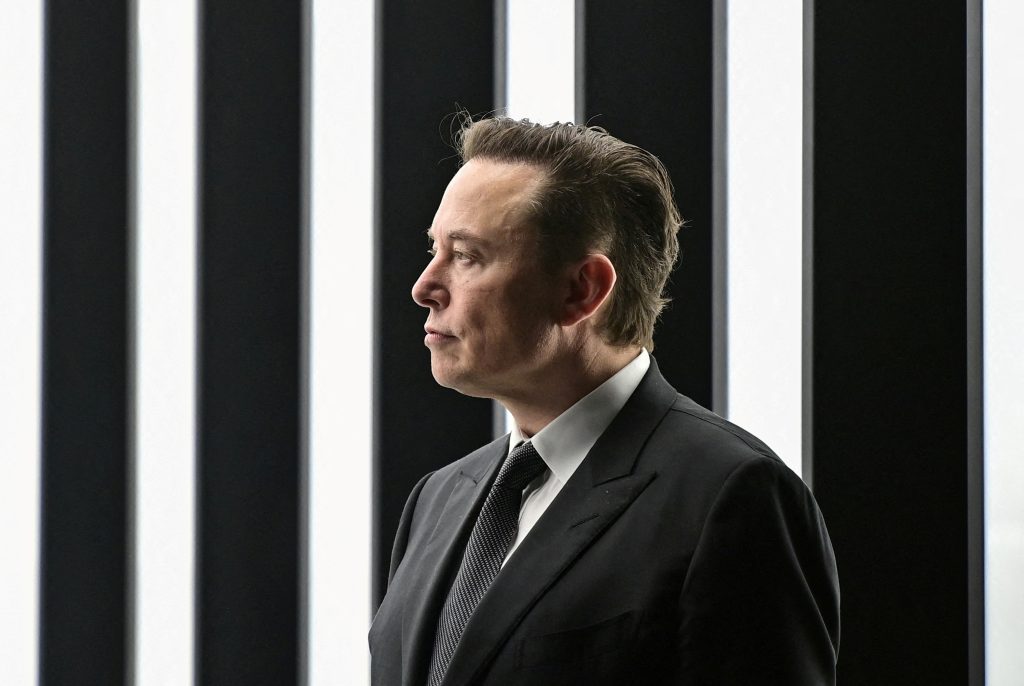
On Saturday, October 28, SpaceX CEO Elon Musk extended an offer to provide internet support to war-hit humanitarian aid organizations in Gaza, amidst an intense Israeli air-raids on the city Friday night, and X’s “Starlink for Gaza” calls.
This came after US Representative Alexandria Ocasio-Cortez commented on X – previously Twitter, about the communication and internet disruptions in Gaza. In response, Musk proposed his assistance.
In response, SpaceX CEO Elon Musk tweeted that Starlink – the space flight company’s satellite network – “will support connectivity to internationally recognized aid organizations in Gaza,” the tweet said.
Since October 7, attention has been focused on the Middle East, particularly on events in the Gaza City and the situation of the Palestinian residents.
Roughly three weeks after the attacks in Southern Israel involving Hamas, the Israeli government and its national unity government have taken steps towards a potential ground operation in Gaza. As part of these preparations, Israel has called up over 350,000 reservists from around the world.
In response, Hamas, analysts, and journalists alike expressed concerns, cautioning that further preparations for a ground invasion could have significant and lasting repercussions for the region, specifically affecting neighboring countries such as Lebanon, Syria, Iraq, and Yemen.
On Friday, Israel imposed an almost complete communications blackout on Gaza, severing not only connections between Gaza residents and the outside world but also among themselves. During the blackout, numerous international aid groups, including UN agencies, highlighted their inability to communicate with their teams on the ground.
Some of the humanitarian aid groups in Palestine include the Palestine Red Crescent Society, Doctors Without Borders, and the UK- and Lebanese-based Medical Aid for Palestinians.
“Cutting off all forms of communication—including the impactful journalism being done by Al Jazeera inside Gaza—will make it that much harder when power is dwindling and there’s no internet or access to the outside world,” the former UK special reporter on human rights in the occupied Palestinian territories told Al-Jazeera.
UN General Assembly Resolution for Truce
While the world was glued to their screens, seeking any news about the conflict in Gaza, Israel was intensifying its bombardment with several continuous airstrikes on the strip, happening simultaneously.
As Gaza faced the most severe Israeli strikes since October 7 and a ground invasion, the UN General Assembly passed a resolution calling for a humanitarian truce, initiated by Jordan.
During the Assembly, Israel’s UN envoy criticized the UN General Assembly (UNGA) resolution. The Israeli UN ambassador, Gilan Erdan, stated, “This is a dark day for the UN and for mankind,” following the passing of the resolution that urged an emergency humanitarian truce in Gaza.
“Today is a day that will be remembered in infamy. We have all witnessed that the UN no longer holds even an ounce of legitimacy or relevance,” Erdan added.
On the Palestinian side, both Hamas and the Palestinian Authority welcomed the resolution. “We demand its immediate implementation to allow the entry of fuel and humanitarian aid for civilians,” a Hamas statement read.
In response, Israel labeled the UNGA ceasefire resolution as ‘despicable.’
Its Foreign Minister, Eli Cohen, stated, “We outright reject the UN General Assembly’s call for a ceasefire. Israel is determined to eliminate Hamas in the same manner the world did with the Nazis and ISIS.”
The Geneva Conventions and the Starlink Connection
Palestine is in a state of complete devastation. With Gaza’s communication entirely isolated from the world and in light of the UN’s resolution, it’s important to revisit the international law set in 1949: The Geneva Conventions and their Additional Protocols. The Fourth Geneva Convention, which relates to the Protection of Civilian Persons in Time of War, Article 33, prohibits collective penalties and reprisals against protected persons and their property.
It’s also worth noting that while there is no specific provision in the Geneva Conventions that addresses the cutting off of communication or the internet, the act itself could be perceived as a form of punishment. In this context, Israel, as the occupying power, might be seen as subjecting the Palestinian population, the occupied, to collective punishment in response to the October 7 attacks by Hamas.
Given the colossal importance of internet connectivity in enabling communications around the globe, which is now deemed a basic right, this aligns with a certain link between the Fourth Geneva Convention and the humanitarian aid.
The Fourth Geneva Convention, specifically Articles 59-61, state, if the occupying power cannot meet the needs of the occupied relief actions for the benefit of the said population are not only permitted but should also be facilitated.
But is this applicable if it’s a matter of ‘does not,’ or ‘prohibits the access to the needs of the occupied’?
Returning to Elon Musk’s tweet, which states that Starlink will “support connectivity to internationally recognized aid organizations in Gaza,” answering the calls to give #StarlinkforGaza, in almost 3.74 million users’ posts.
Internet connectivity, in this context, can be regarded as one of the primary sources of information and communication for the occupied population, and, in some situations, it’s vital for basic necessities—like, you guessed it, medical aid.
Could the gesture of offering internet connection to humanitarian parties in Gaza be seen as a form of humanitarian aid from Starlink to the people of Gaza? Facilitated through humanitarian organziations?
Inside Telecom provides you with an extensive list of content covering all aspects of the tech industry. Keep an eye on our Telecom sections to stay informed and up-to-date with our daily articles.